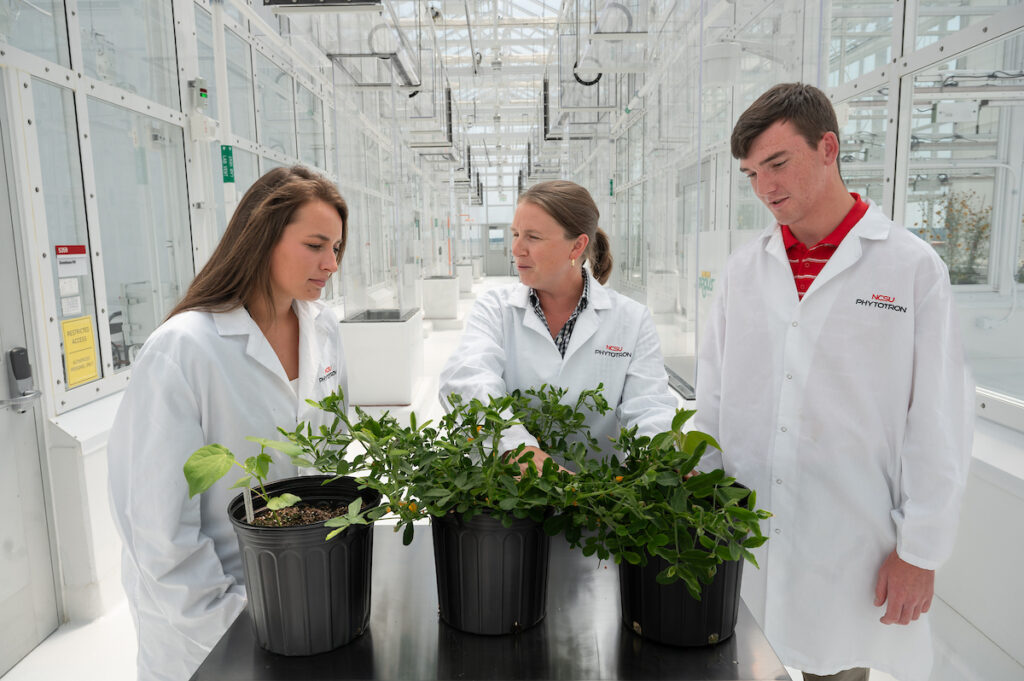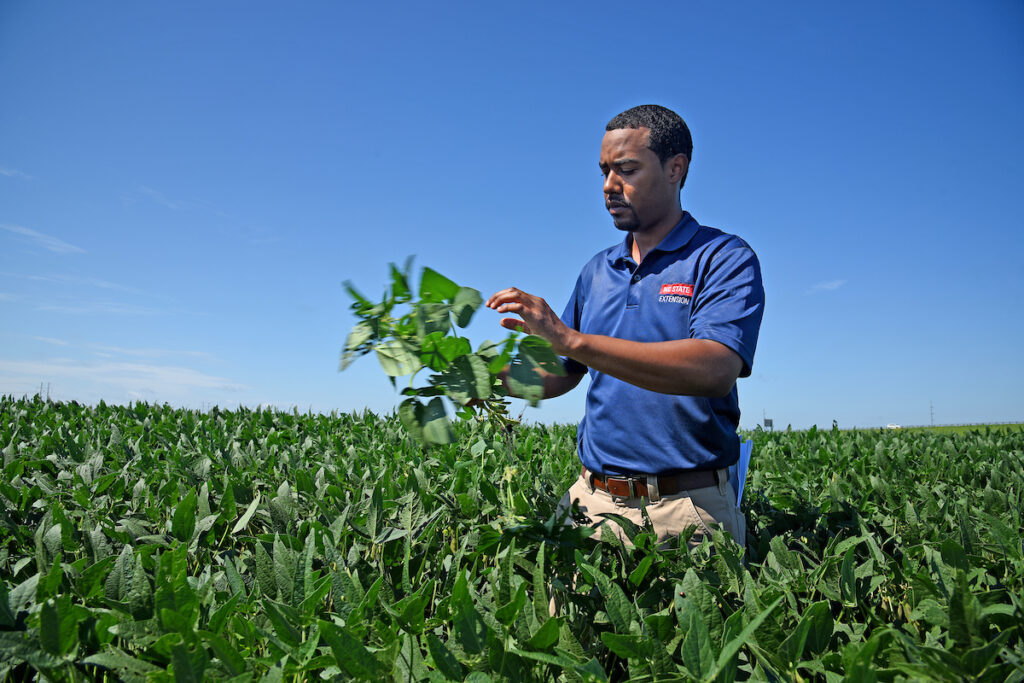Career Adaptability: A Workforce Essential Skill
go.ncsu.edu/readext?1078835
en Español / em Português
El inglés es el idioma de control de esta página. En la medida en que haya algún conflicto entre la traducción al inglés y la traducción, el inglés prevalece.
Al hacer clic en el enlace de traducción se activa un servicio de traducción gratuito para convertir la página al español. Al igual que con cualquier traducción por Internet, la conversión no es sensible al contexto y puede que no traduzca el texto en su significado original. NC State Extension no garantiza la exactitud del texto traducido. Por favor, tenga en cuenta que algunas aplicaciones y/o servicios pueden no funcionar como se espera cuando se traducen.
Português
Inglês é o idioma de controle desta página. Na medida que haja algum conflito entre o texto original em Inglês e a tradução, o Inglês prevalece.
Ao clicar no link de tradução, um serviço gratuito de tradução será ativado para converter a página para o Português. Como em qualquer tradução pela internet, a conversão não é sensivel ao contexto e pode não ocorrer a tradução para o significado orginal. O serviço de Extensão da Carolina do Norte (NC State Extension) não garante a exatidão do texto traduzido. Por favor, observe que algumas funções ou serviços podem não funcionar como esperado após a tradução.
English
English is the controlling language of this page. To the extent there is any conflict between the English text and the translation, English controls.
Clicking on the translation link activates a free translation service to convert the page to Spanish. As with any Internet translation, the conversion is not context-sensitive and may not translate the text to its original meaning. NC State Extension does not guarantee the accuracy of the translated text. Please note that some applications and/or services may not function as expected when translated.
Collapse ▲Cultivating Career Adaptability
- Adapt goal setting habits and have confidence in personal skills and careers (Direnzo et al., 2015; Zhu et al., 2024).
- Complete an inventory, such as the Strong Interest Inventory Profile (SIIP), or another career assessment to help pinpoint individual goals, personality, interests, skills, and talents. SIIP and other career assessment may be available from an academic advisor or guidance counselor.
- Check out career resources such as our Career Pathways Matrix (Donaldson et al., 2025) to see how individual goals, interests, needs, and natural tendencies align with food and agricultural careers.
- Explore internships and volunteer opportunities to build your individual skill set and expand your professional network.
- Discover knowledge and skills needed in an industry, and earn a credential to help you get started. For example, if forklift operators are in demand, earn a forklift operator certificate to increase your earning potential.
- Use a career assessment tool with students and pair it with a career matrix like the one described above.
- Help students connect with mentoring opportunities, such as the Animal Science Summer Undergraduate Research Experience (ASSURE) directed by Dr. Melissa Merrill. ASSURE matches animal sciences students with researchers for impactful research experiences.
- Help students connect with part-time, temporary jobs and volunteer opportunities to build their confidence, experience, and skills.
Special Note about Community College Students
Summary
When students develop career adaptability, they become aware of their own needs, motivations, abilities, and interests. Significantly, they pursue careers aligned with these needs, motivations, abilities, and interests (Gubler et al., 2014; Holtschlag et al., 2020). Career adaptability presents an essential set of attributes for a strong agricultural workforce.




